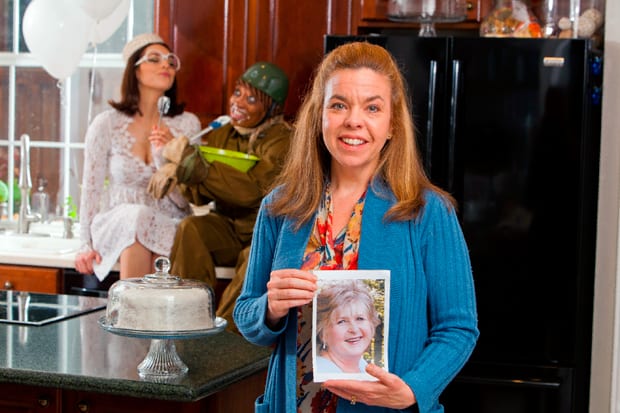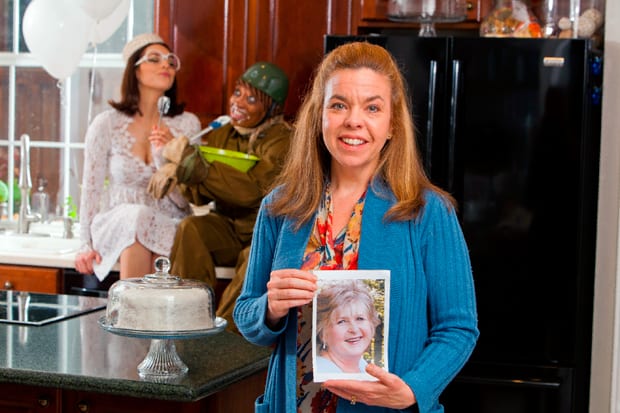Ragtime & Blackberry Winter

Ragtime is one of the most impressive novels of the 1970s, one of the most underrated films of the 1980s and a fairly ambitious musical of the 1990s, winning an armful of Tony Awards in telling the sweeping story of turn-of-the-century New York, where immigrants, prosperous blacks, Old Money whites and New Money entrepreneurs intersect in an explosion of culture, as expressed by the music of Scott Joplin.
You’ll just have to trust me on this, however, as you can’t tell much by what the audience heard on opening night. The sound system crackled and faded throughout, starting with the opening number and continuing throughout the performance, like Rice Crispies rattling around inside a leaf blower. Paying top dollar to miss a good portion of the dialogue and songs doesn’t seem like a bargain, especially when you add to that a canned score (no live orchestra!), which stranded the non-Equity cast into going gamely forward no matter what.
You can’t blame the actors for that, as they sing with powerful voices; some (notably Donald Coggin as Younger Brother and Matthew Curiano as Tateh) even stand out with strong acting performances. Alas, it feels for naught — even a tapestry of society can be pulled apart by a loose thread, leaving this Ragtime in rags.
Vivienne (Karen Parrish, pictured right) is a middle-aged woman coping with something most people of her age have to suffer through: the deterioration of a parent — in this case her mother — to dementia. Despite a supportive husband and well-intentioned siblings, most fo the stresses fall squarely on her, causing her bouts of insomnia, which she deals with by baking … and occasionally creating a parable about Alzheimer’s — senility-as-creation-myth, like Pandora releasing the demons of the society on the world.
Steve Yockey’s rolling world premiere play Blackberry Winter — getting its debut here as part of Kitchen Dog’s New Works Festival — is a sort of Aesop’s fable within a monologue, ripe with tender confusion about the role of parent and child and heartbreak masked behind a sense of optimism. And most, if not all, of those conflicting emotions are conveyed in Parrish’s poignant, raw dignity as Vivienne. It’s perhaps because she’s not “special,” just a typical adult daughter, that her story resonates so deeply. If you haven’t been there, you probably will be. If only we all could deal with it as creatively as Vivienne.
This article appeared in the Dallas Voice print edition May 27, 2016.











